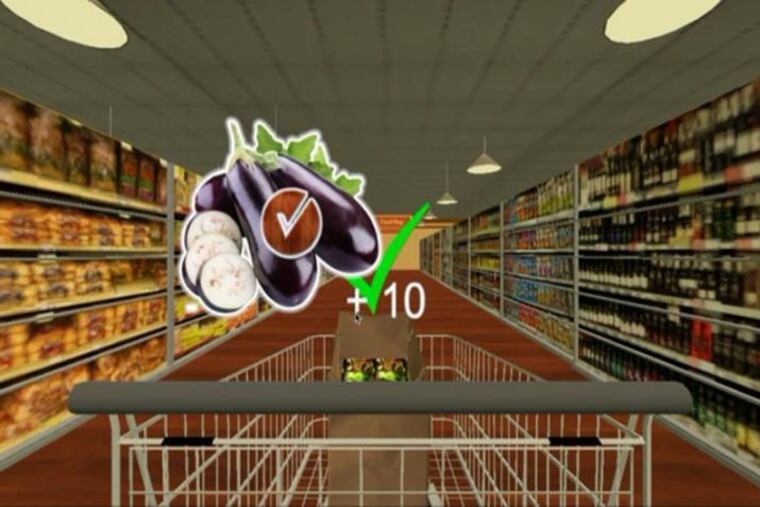Drexel’s brain training game can help you eat less sugar
Two Drexel University professors teamed up to create the "Diet DASH," a computer game to train players to eat less sugar.

Drexel University researchers may have found a way to get people to eat healthier and have fun at the same time.
Researchers developed a computer game that trained participants’ brains to eat less sugar. Researchers then studied the effects of the game on participants’ weight-loss goals. The study appeared in the March edition of the Journal of Behavioral Medicine.
The game targeted the part of the brain that inhibits impulses. Similar games have been used to help people quit smoking or other unhealthy habits.
There is a mechanism in the brain that pushes us to do something and another that helps put the brakes on when it is not a good idea. That is inhibitory control, said Evan Forman, a professor of psychology at Drexel. In a perfect brain, the mechanisms are balanced out to help achieve optimal health, Forman said.
"We have an especially strong reward system for sweets that doesn’t transfer well into 2019,” Forman said. Today’s attention on highly sweetened food frequently is overwhelming inhibitory control, he said.
More than half of American adults consume sugar to excess. The U.S. Centers for Disease Control and Prevention recommend that added sugars make up less than 10 percent of total daily calories consumed.
Nearly 40 percent of U.S. adults and about 18.5 percent of children are considered obese, the CDC reported.
The Drexel researchers recruited 109 participants who were overweight and liked to eat sweets. They attended a training workshop to learn why sugar was detrimental to their health and what foods to avoid when following a no-added-sugar diet. Participants were then asked to play the game at home for a few minutes every day for six weeks, followed by once a week for two weeks.
In the Diet DASH game, which was developed for study purposes, participants moved quickly through a virtual grocery store gathering healthy foods in their cart and leaving behind their favorite sweet treats. They were awarded points if the correct foods were placed in their baskets.
The researchers developed two forms of the game: a simple version and a more “gamified” version that included enhanced graphics, music, levels, and other features, Forman said.
“We were hoping that would make people more willing to do it every day,” he said.
More than half the participants lost as much as 3 percent of their body weight over the eight-week period, researchers found.
The people who really benefited from the training were those who had a strong preference for sweet foods, not the group who could take them or leave them, Forman said.
The game could easily be translated to a smartphone app, but more evaluation is needed to make sure the results would be similar if participants were using a small screen in places that might be more distracting than a quiet home setting, he said.
Researchers found that men in the study reacted better to the enhanced version than women did. They are now conducting a trial specifically for men with the highly gamified version and are recruiting participants.
More study is needed to see if the weight loss can be maintained long term, Forman said.